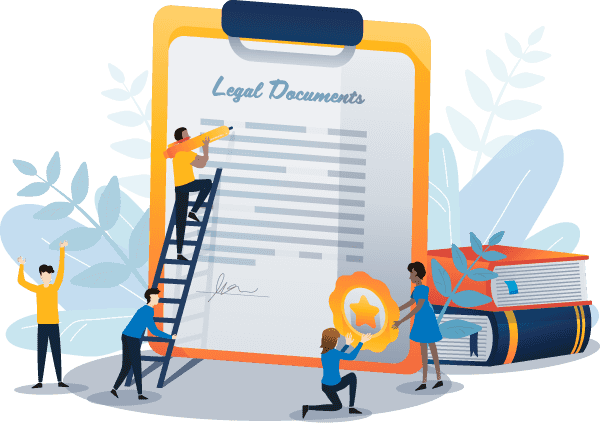Sydney-based lawyer, working in Corporate Advisory & M&A for Sparke Helmore Lawyer. Laura is passionate about how technology can assist in improving access to justice.
Many people have heard of the term due diligence but few know what it actually means in practice. Ultimately, due diligence applies to a range of scenarios and contexts. It is particularly important in the workplace as it can help to avoid costly mistakes. Read our guide to find out what due diligence is in the workplace.
What is Due Diligence?
In a legal context, due diligence is the reasonable steps taken to avoid committing a tort or offence. On the other hand, in the workplace, due diligence means taking precaution to protect the health, safety and welfare of all workers who could be put at risk from their undertakings. Thus, employers have a continual obligation to ensure workers, volunteers and visitors are safe in the workplace. This is a legal requirement.
As previously discussed, employers must exercise due diligence. In New South Wales, the Work Health and Safety Act 2011 (NSW) governs due diligence in workplaces. The law requires employers to exercise due diligence in complying with their Work Health and Safety (WHS) obligations. Hence, as a business, you should appoint an officer to ensure compliance. Therefore, this officer has a responsibility to maintain a high standard of due diligence. This generally involves a WHS policy. You can customise our WHS Policy for free.

Protect your business and customise your WHS Policy for free.
Create and download our WHS policy.
Get startedWhat is Meant by ‘Reasonable Steps’?
As previously stated, due diligence is the reasonable steps taken by a person to avoid harm. So what can we deem as reasonable steps? Accordingly, section 27 of the Work Health and Safety Act 2011 (NSW) sets out what reasonable steps must be taken, including:
- Maintaining knowledge of current WHS matters
- Understanding the business operations and the associated hazards and risks
- Ensuring the person conducting business uses appropriate resources and processes to eliminate or minimise WHS risks
- Making sure the person conducting business has processes for receiving and considering information regarding incidents, hazards and risks and responding in a timely way
- Ensuring the person conducting business implements processes for complying with their duty
- Verifying that these steps have been carried out
Why Do We Need Due Diligence?
Due diligence is an important consideration in every business. It is a powerful and proactive management device to control and prevent workplace hazards and injuries. An officer will ensure WHS issues are mitigated. This will also improve the overall safety of a workplace. Therefore, this works to reduce workplace injuries and possible torts or offences. Hence, you must ensure an officer is appointed and you are compliant with WHS obligations as a workplace. For more information, you can read our guide ‘Why do I Need to do Due Diligence?‘.
Final Thoughts
To conclude, due diligence is a requirement of every workplace. It ensures people take reasonable steps to avoid offences and harm. If you are unsure whether you are complying with your WHS obligations, we recommend consulting a Workplace Safety Lawyer.







